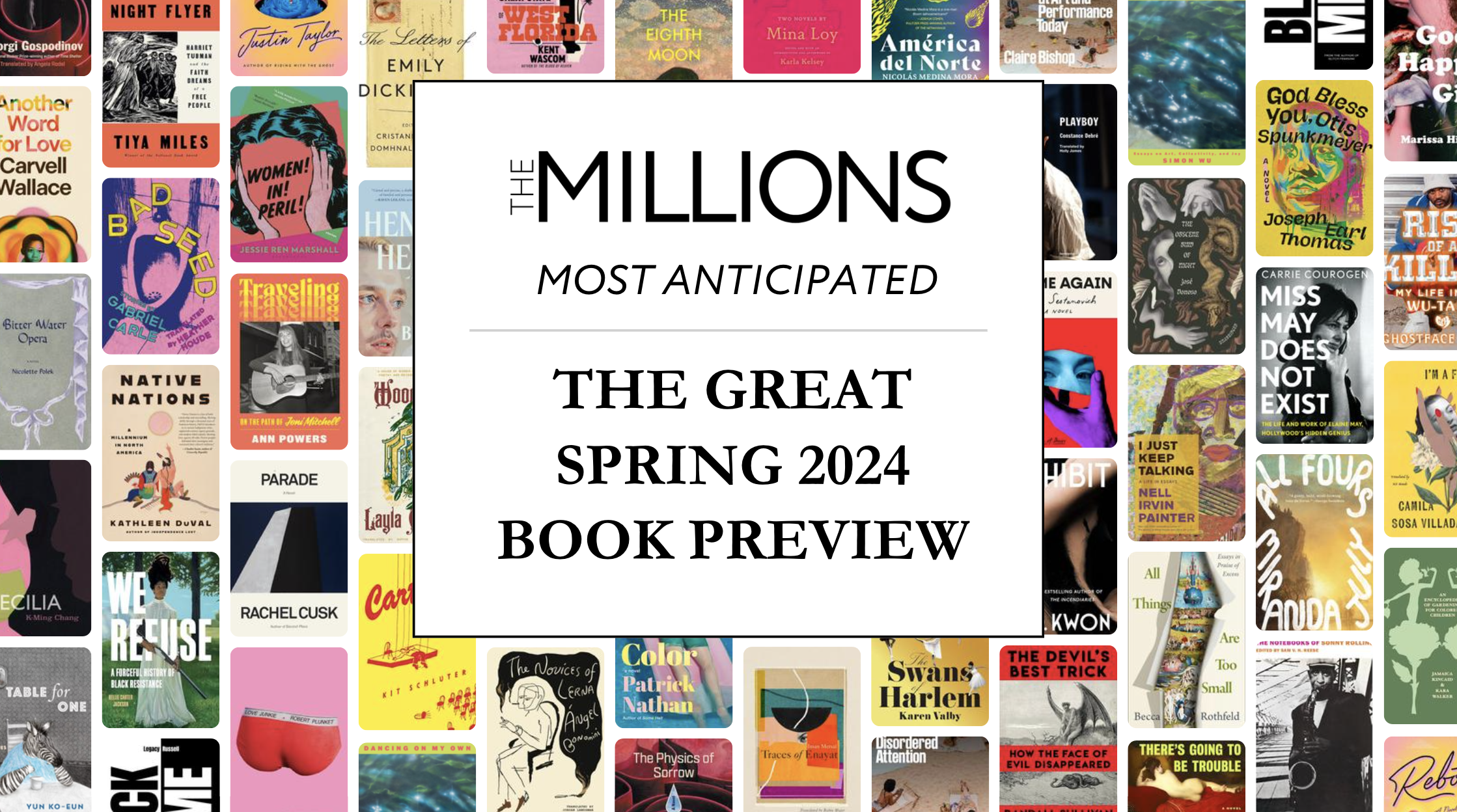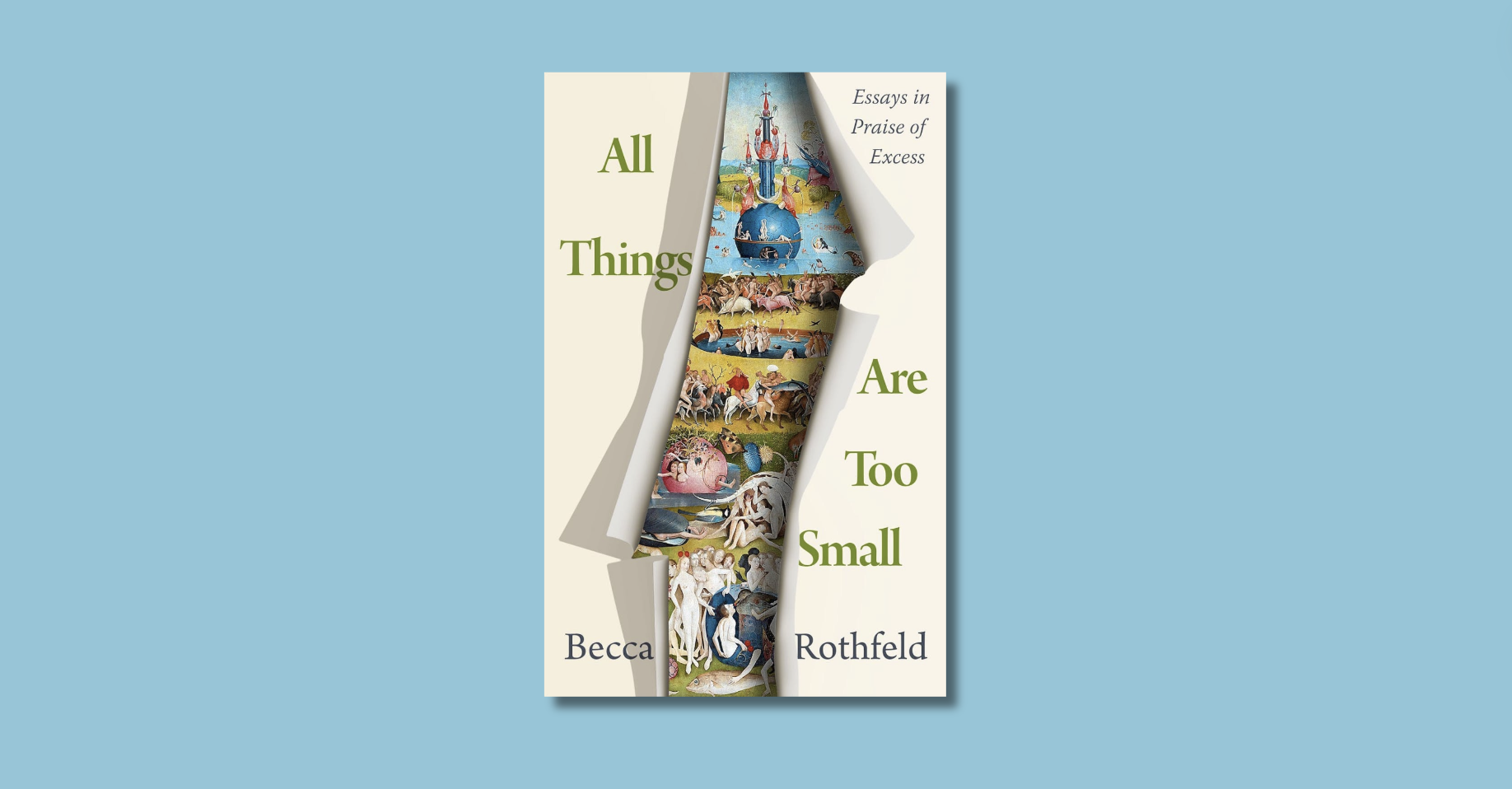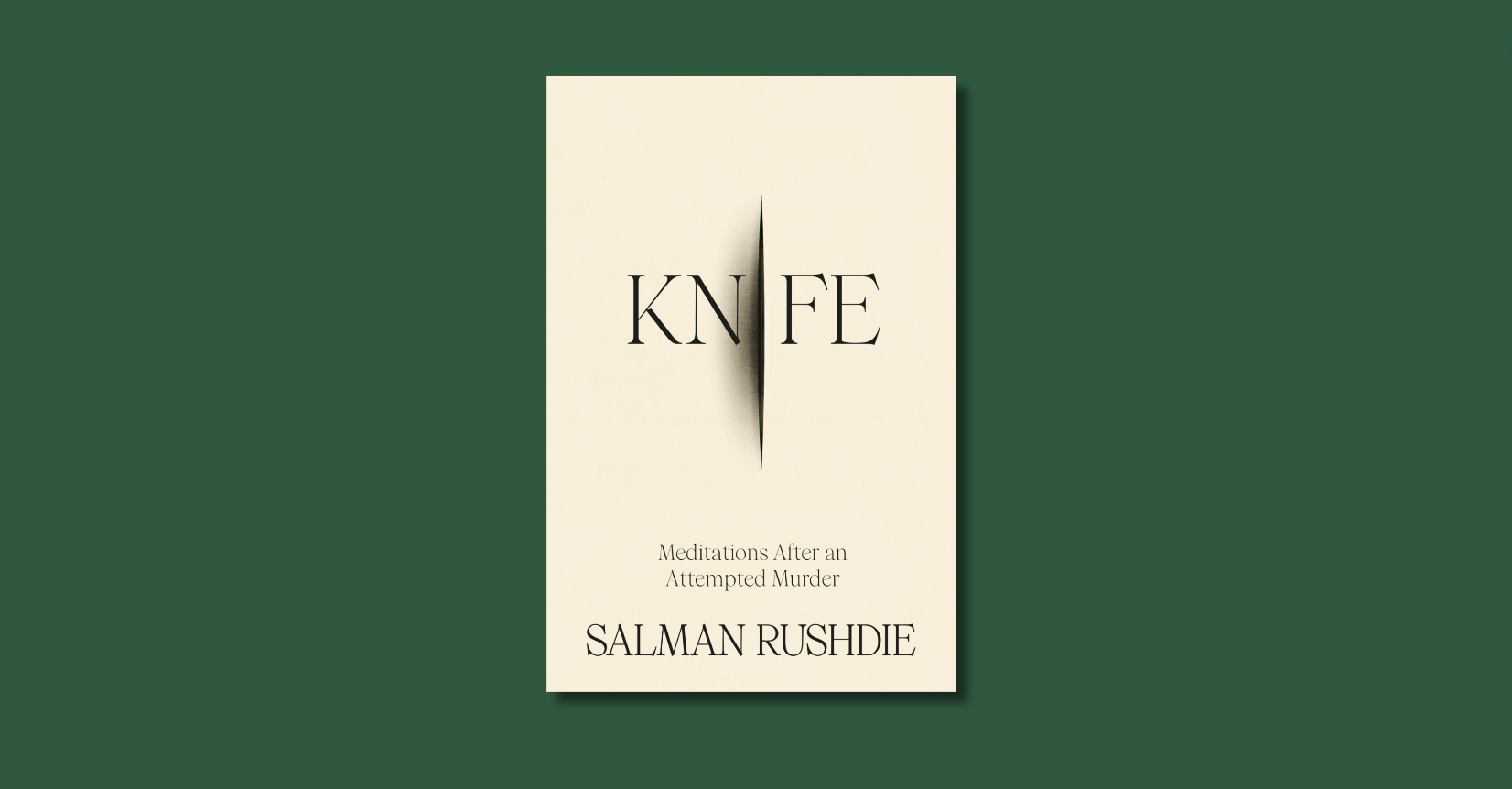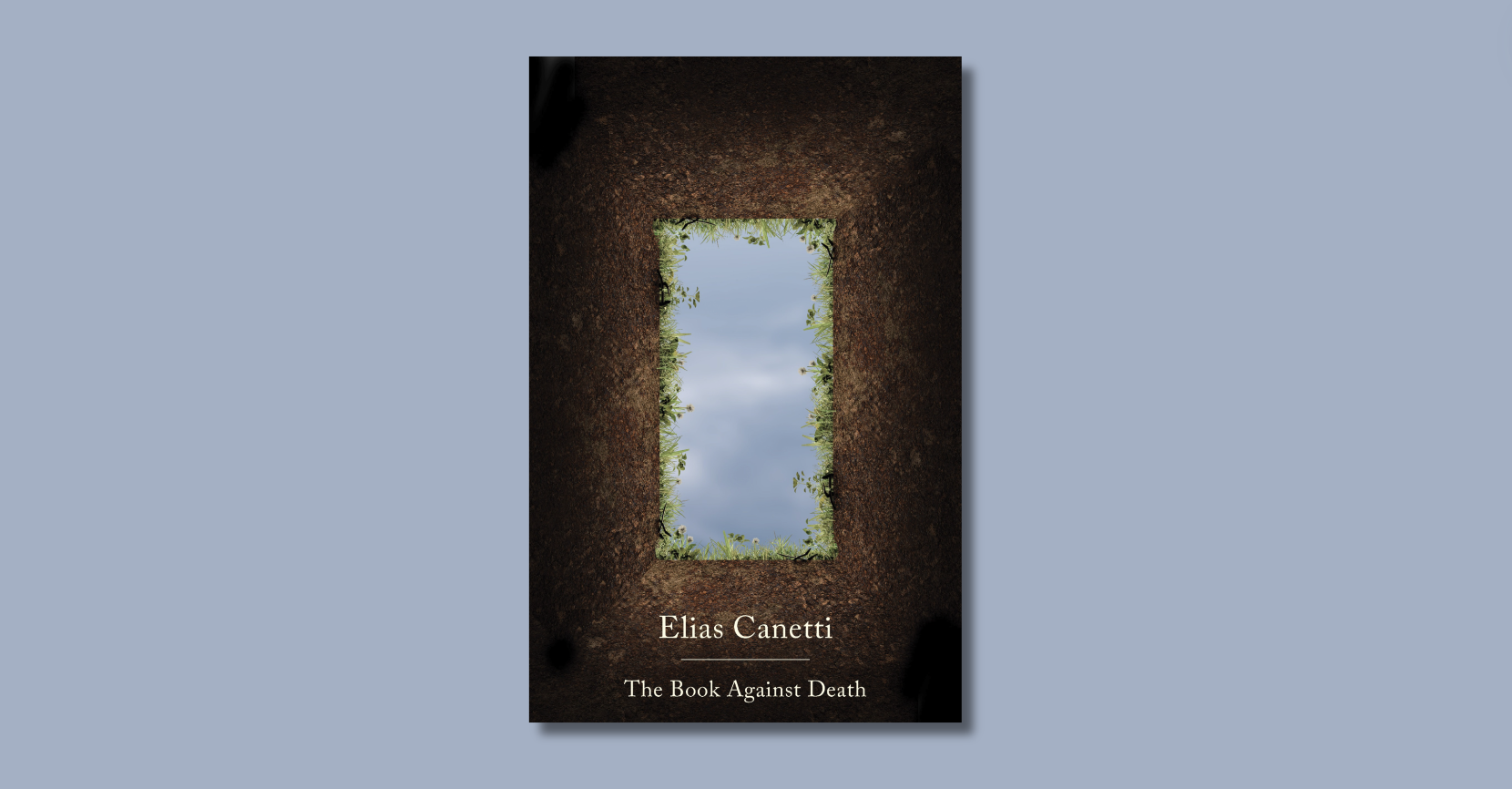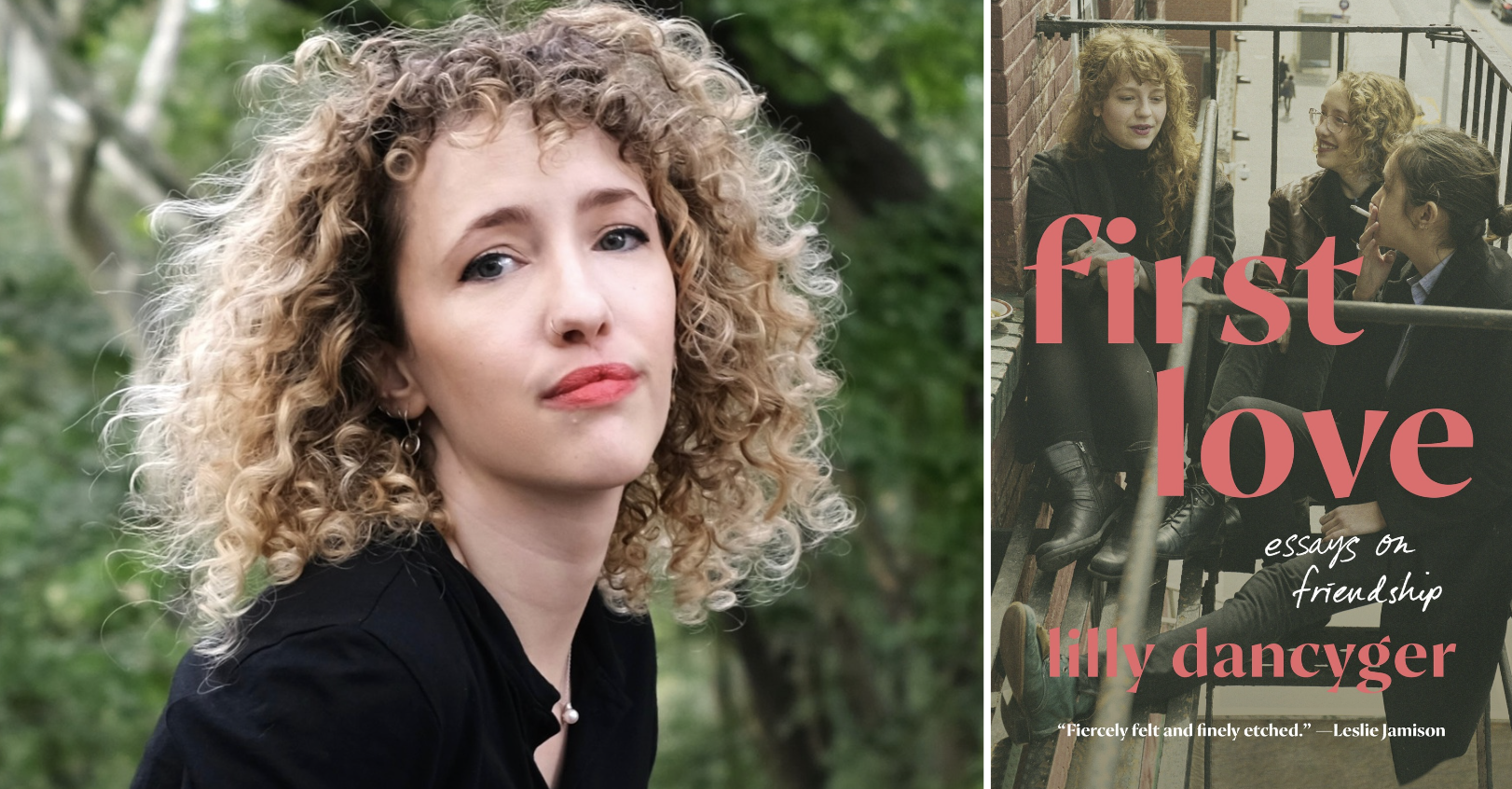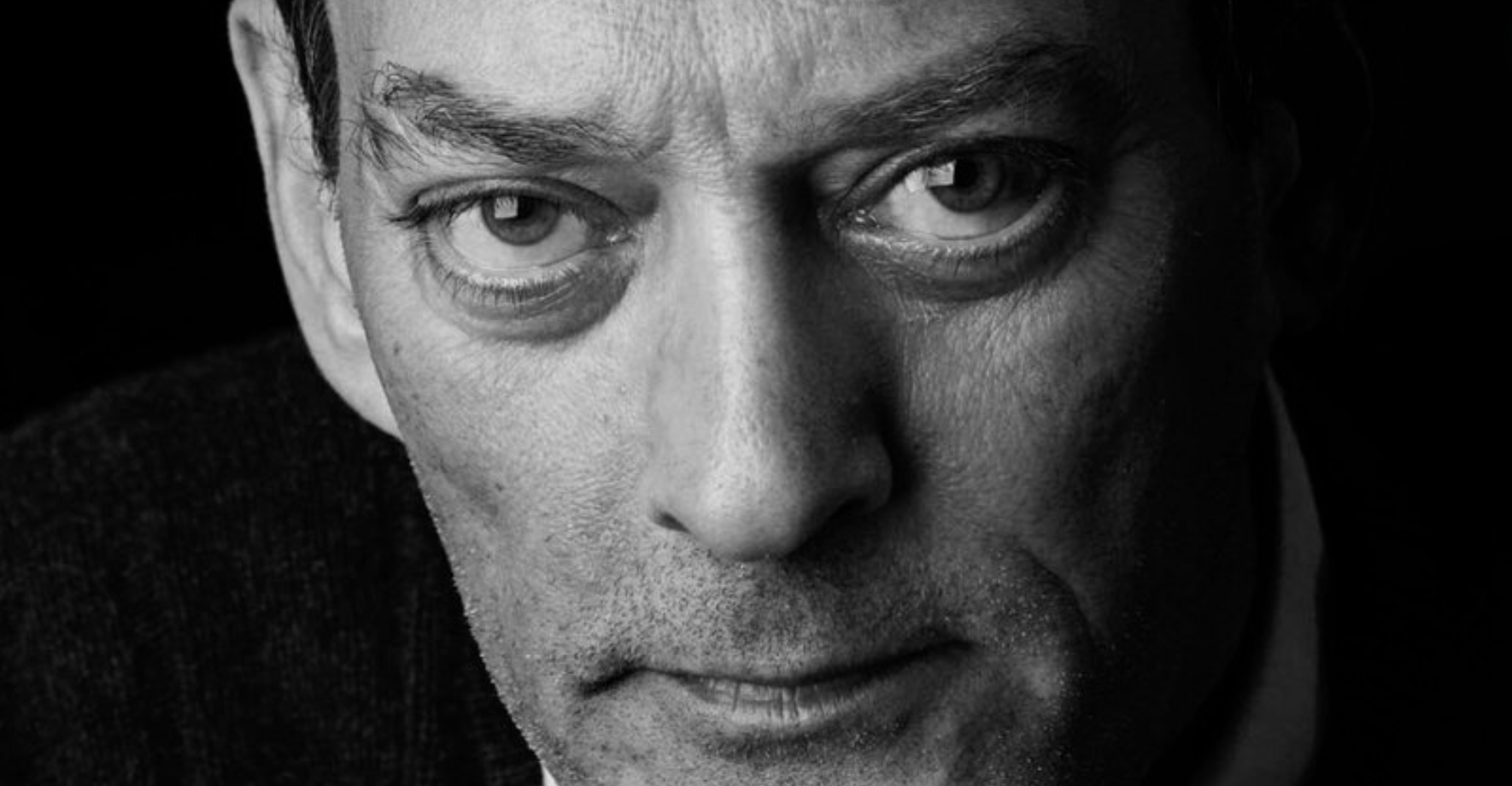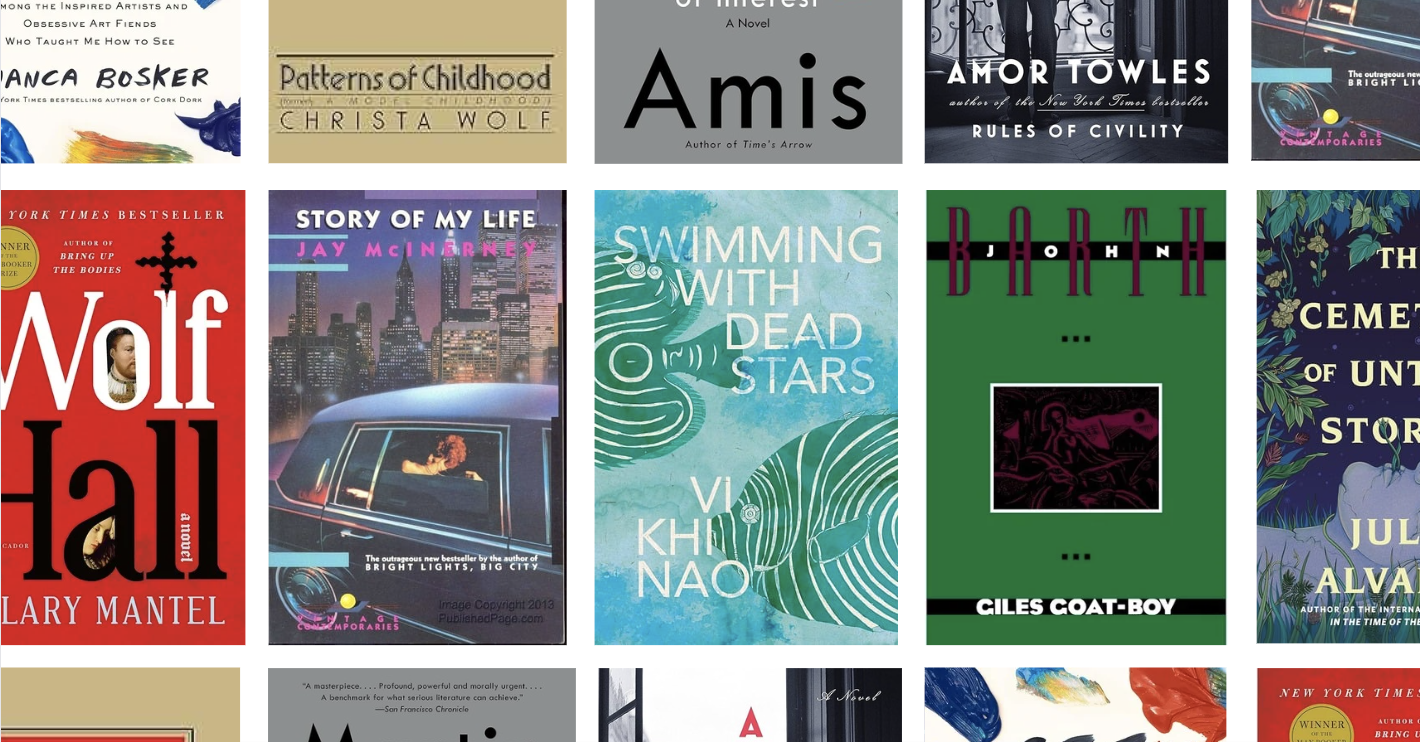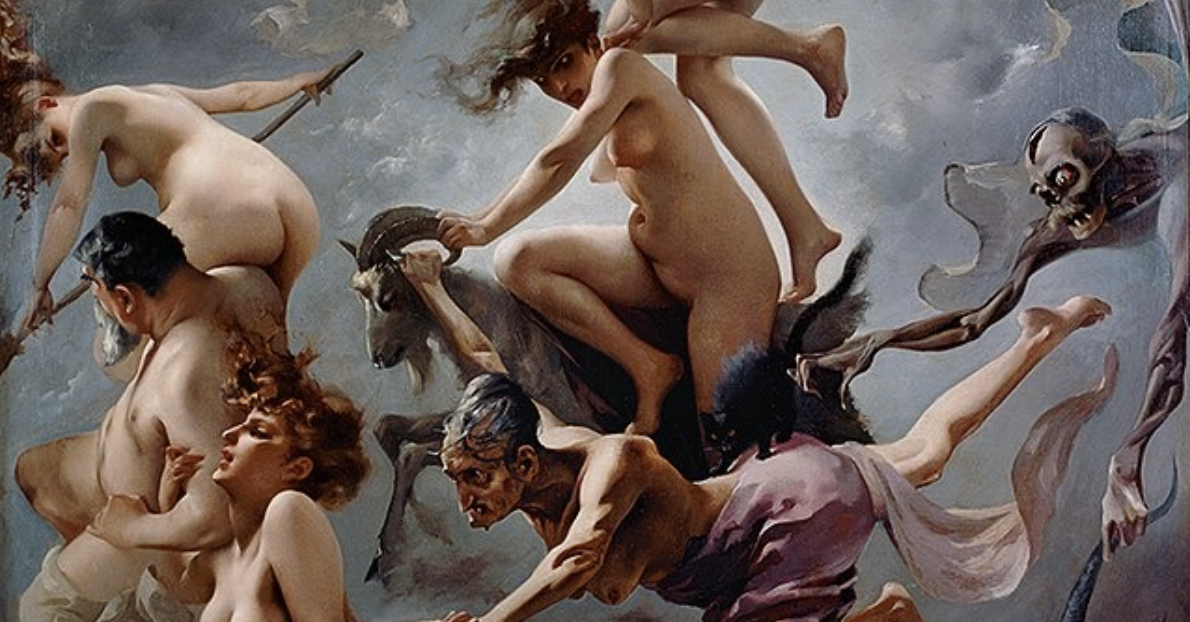I interviewed André Aciman in his Upper West Side apartment on a bright July morning. His book Call Me by Your Name has recently been adapted in a film directed by Luca Guadagnino, which is already a hit. His last novel, Enigma Variations, has been praised by The New York Times as a Proustian tale of conflicted desires.
Aciman is also Distinguished Professor of Comparative Literature at the Graduate Center of City University of New York where he teaches the history of literary theory and the works of Marcel Proust.
This interview has been adapted from a documentary, American Journey, directed by Lucia Senesi and produced by Abuelita Film. All Rights Reserved
Lucia Senesi: You said that young people interested in writing should do two things. First, understand that writing is not only a career, sometimes it’s a mission. And second, read the classics.
 André Aciman: Yes, you have to absolutely read the classics. Most people nowadays do not read the classics or they don’t consider the classic writers who have written in 1940, 1950, 1960, and which is not the way to go. You should really go back, a long long time, and familiarize yourself with all the great writers and some of them are anonymous, as in The Bible, for example. And you should really read all these. As for the mission, it’s not just a vocation, it’s that you are really trying to capture something that is essential about yourself, and you hope that by getting it about yourself correctly that you’re touching other people, and that is the job. It’s not just to write and publish and publish and publish.
André Aciman: Yes, you have to absolutely read the classics. Most people nowadays do not read the classics or they don’t consider the classic writers who have written in 1940, 1950, 1960, and which is not the way to go. You should really go back, a long long time, and familiarize yourself with all the great writers and some of them are anonymous, as in The Bible, for example. And you should really read all these. As for the mission, it’s not just a vocation, it’s that you are really trying to capture something that is essential about yourself, and you hope that by getting it about yourself correctly that you’re touching other people, and that is the job. It’s not just to write and publish and publish and publish.
LS: Do you think that there is some difference between the generations, for example is the younger generation more taken with the fashionable aspect of writing?
AA: Well, there’s definitely a sense that one writes a lot, very fast, especially very fast and quite voluminously and the idea that you should work on a sentence for half a day would never occur to any young writer today. And so the price for this is that a lot of young writers, who are talented essentially, are writing the same way each of them, so that you can’t tell them apart. You really have to try, very very hard to tell one from the other.
LS: Do you think that maybe it’s about our society? I mean, today with social media, a lot of people just write on Facebook or Twitter. Before we had to spend time to reflect on what we really wanted to express, now we think something and we can express it immediately.
AA: Not only it is expressed immediately and very fast, but you press the return button and it’s out, whereas even when I send an email normally I will write the email and then I will read it and maybe read it twice or three times just to make sure that the ideas concretize well enough. And then with a lot of hesitation I would press the send button. Most people will immediately text their reply. And it’s because it’s an exchange of information and information is fundamentally cheap. What you want to convey from one e-mail to another is also a whole gamut of emotions, reflections, hesitations, irony, all these sort of superficial things, considered superficial, take time.
LS: When you were young, how did you approach the classics? And when did you realize you wanted to be a writer?
 AA: Oh, I always knew I was going to be a writer. When I was, I think, 10 or even 9 years old. I knew that I liked writing poetry and I liked the fact that I was putting on paper my emotions. That was very important. But I didn’t know that I could become a writer. My first published piece came out when I was in my late 30s. So all these years were a process of long incubation. But I read the classics because there was nothing else. My father was also very devoted to the classics, so he told me to read X, Y and Z. There was no censorship. In other words, if it was a bad dirty book or a clean book, it didn’t matter, it had to be well written. And so I was always reading, I was reading classics all the time. And I have written about this, but when I was living in the Alberone district in Rome I hated it so much that all I did was stay home, especially in the summer, with the blinds drawn, because I didn’t like the lighting and I would read all the time and my mother couldn’t understand and nobody could understand. What is this boy doing? Let’s go to the beach. I said the beach is too far. I didn’t want to go to the beach. So I read everything I consumed. I think all the Russians, the French classics, and the English classics as well.
AA: Oh, I always knew I was going to be a writer. When I was, I think, 10 or even 9 years old. I knew that I liked writing poetry and I liked the fact that I was putting on paper my emotions. That was very important. But I didn’t know that I could become a writer. My first published piece came out when I was in my late 30s. So all these years were a process of long incubation. But I read the classics because there was nothing else. My father was also very devoted to the classics, so he told me to read X, Y and Z. There was no censorship. In other words, if it was a bad dirty book or a clean book, it didn’t matter, it had to be well written. And so I was always reading, I was reading classics all the time. And I have written about this, but when I was living in the Alberone district in Rome I hated it so much that all I did was stay home, especially in the summer, with the blinds drawn, because I didn’t like the lighting and I would read all the time and my mother couldn’t understand and nobody could understand. What is this boy doing? Let’s go to the beach. I said the beach is too far. I didn’t want to go to the beach. So I read everything I consumed. I think all the Russians, the French classics, and the English classics as well.
LS: That reminds me Proust because he basically writes that for his parents and his family the time he spent reading was a sort of waste.
AA: I think that he himself considered it. I mean he loved it, but he was not sure that it was the way to be and therefore there was always a touch of dysfunctionality in being a reader. But he loved it and I loved it too. I loved reading, but I was considered that I am hiding from life because my father says you should read, but at the same time you should go and have fun and have friends and do all those things. Except that I couldn’t do those because they were not mutually exclusive. It was just said the reader in me didn’t know what to do with other people. I mean I desired other people but I didn’t know how to how to meet them.
 LS: Do you think that for Proust this dysfunctionality was also about being a writer? I mean, in the Recherche he wonders if he actually could be a writer and then says that all the first part of his life was a waste because he spent it in society whereas he should have work.
LS: Do you think that for Proust this dysfunctionality was also about being a writer? I mean, in the Recherche he wonders if he actually could be a writer and then says that all the first part of his life was a waste because he spent it in society whereas he should have work.
AA: Work was very important for him and the idea that he had a vocation was also very important. The whole book is the story of this vocation. But I think that the beginning of his life was not wasted. But at the same time he was sheltered, it was so sheltered that you had a feeling that this boy’s reading in order not to go out and live. But I don’t think in my case it was the same thing. I didn’t know how to go out and live. But as soon as I went to graduate school then I began to socialize, aggressively, because I hadn’t done anything before that and I loved social life and I still do.
LS: You said that Proust’s book is one of the few books that changes who you are because when you read him you read things you already know.
AA: I teach Proust to graduate students. In other words, they’re writing the dissertations, so they’re all in their mid to late 20s. I teach Proust to college students and I’ve taught Proust to high school students, in the jail. And what happens is that everybody understands Proust because he is simple, he’s transparent. Once you accept the terms of the reading experience. Everything he says about our behavior, our emotions, the way we think of other people, is totally true and we accept it right away. Now when you read his book, the whole sort of epic, once you’ve been absorbing all this, you cannot be the person you were before.
LS: It’s true.
AA: In other words, if you read Dostoyevsky, which I read when I was very young, you begin to understand that Dostoyevsky thinks that everybody lies. I had never thought of that but it didn’t surprise me that Dostoyevsky said that people lie all the time and that people are guilty. And at the same time all these combinations of contradictions made perfect sense to me. Once you’ve accepted, you’ve been absorbing it by osmosis, it begins to color your way of seeing life. As a writer, once you realize that human beings are not consistent, but they are constantly paradoxical and contradictory, then at that point you begin to reproduce that emotion with your own signature as a degree.
LS: Indeed, even Camus took that way.
AA: He was ambivalent. And I think an entirely intelligent person is always ambivalent. There’s no such thing as having a point of view. You have to be ambivalent because you can always see the two sides of the same thing. And if you see one and you hear somebody seeing one, you necessarily must contradict them out of intellectual spite.
LS: Then we have Sartre and Simone de Beauvoir, who are a contradiction themselves.
AA: They are contradictory. I think she’s more important. He has become totally obfuscated, there’s nothing really going on there anymore. I never liked him. And now I feel justified. I knew that there was nothing there to begin with, but that’s me.
LS: You know, they are a difficult couple.
AA: He was ugly and he knew it. And that is a very important fact.
LS: I love him as a writer, but for sure I would never have him as a boyfriend!
AA: [Laughs.] I believe you!
LS: But to come back to Proust, you said that present doesn’t exist for Proust. He is always in the past or in the future, right?
AA: This is a new idea. We’ll see if you like this idea.
LS: [Laughs.] Okay.
AA: Time does not exist.
LS: For him or in general?
AA: I think it does not exist at all. There’s no such thing as Time. And Proust is a genius. Precisely, I mean, he believes that there is time and there is wasted time and wasted space. But fundamentally he’s always shuttling. He’s constantly shuttling between one temporal zone to another temporal zone, and he’s very comfortable doing that, from the past to the present, to the anticipated past, because it hasn’t happened yet. It’s in the future, back and forth, and he’s constantly doing this game because he’s really not comfortable in one time zone.
LS: I think it’s time to talk about the style and how he uses the verbs in French.
AA: Everybody knows that he does something that’s totally un-Orthodox when he begins his novel in the “passé compose.”
 LS: Indeed the problem with the translation. Last year I read Melville, Moby-Dick. Basically we have this situation: “Call me Ishmael,” in Italian can be “Chiamami Ismaele” or “Chiamatemi Ismaele” [in the first person or in the third person].
LS: Indeed the problem with the translation. Last year I read Melville, Moby-Dick. Basically we have this situation: “Call me Ishmael,” in Italian can be “Chiamami Ismaele” or “Chiamatemi Ismaele” [in the first person or in the third person].
AA: Yes! I wrote a lot about translation. Proust is difficult to translate.
LS: I guess especially in English.
AA: It’s very difficult to translate in English. French is extremely supple and extremely forgiving. Just to give you an example of the terrible things that can happen in English is that after the third relative pronoun, the sentence is dead. So you cannot have three relative pronouns, or four, or five, because the reader will loose you, especially modern readers, so you try to work around this. But if you work around this, you’re changing the rhythm of the sentence and therefore the rhythm of meaning, because Proust’s sentences have a meaning that is implicit to the style.
LS: Let’s talk about the style, because again, when I read Moby-Dick and Dracula—
AA: Bram Stoker?
LS: Yes, Bram Stoker. I thought that Proust took something here and there, in term of style.
AA: It’s difficult to say. I don’t think that there is anything similar to Proust and he knew it. I mean, it’s a complicated thing. I teach the style, usually that’s all I teach when I do Proust because the style is in fact semantically constructed in such a way that it means something. I think that, just to give you an example, Proust’s sentences always begin with a yearning, a call. Let’s begin with the beginning: “Longtemps, je me suis couché de bonne heure.” He’s already in the rhythm, he’s summoning us into emotions. But that was how Proust wrote at the beginning of his career. And then suddenly something happened, I think in his mind, some genius thing happened to Proust and he realized that he had a sense of humor and that he liked humor.
LS: [Laughs.] Of course.
AA: So what happens is the sentence that begins with this kind of summoning this sort of, the Yiddish word is “descry.” It’s like a yell for help for inspiration. It’s like Wordsworth, you begin with this “oh, as a boy, blah blah blah blah blah,” and then suddenly the sense of humor comes and closes the sentence. And both work together beautifully. Now, Melville did not quite have that, and the person who has it even less, and therefore is not really a stylist is Henry James, who is a writer who has a style simply because his sentences are all over the place. But the wit that is so typically French and has been retained from classical times onto Proust is there. The French call it “la pointe.” It’s that moment when suddenly something happens at the very end of the sentence that closes. Now the only other author who did that with some degree of difference, and Proust knew it, is Saint-Simon. Long sentences, investigating, in excavating personality. And at the very end, damning them totally or totally forgiving them. And I think that’s the genius of Proust, there’s nobody can write like Proust. Now it’s a hundred years. And guess what. We still haven’t come up with that yet.
LS: You said something that could be very controversial, but I feel I totally agree with that: “Proust is about possession. He doesn’t know what love is, he doesn’t believe in love. He just wants someone immediately because he needs.”
AA: Yes. I think he does not understand love. I don’t even know what love is in any novel, but in Proust what we have a sense is that what really animates and feeds the emotional life is a desire to have someone else. And I’ve made the point in my own book, Enigma Variations. That is never love or it could be love, but it’s not really love and love is of no interest. What we are interested in Proust especially is that he wants someone. He wants somebody to possess them or he wants to have them in his house. He wants to have a nearby. Whether he loves the person that he wants is irrelevant.
LS: Marcel doesn’t even like Albertine. But he wants her because she’s not available.
AA: Exactly. What he can’t have is what he wants.
LS: You know that I live in Los Angeles. I actually live between Santa Monica and Venice, so I often go to the beach and I read Proust to California surfers. Unfortunately, I have the sensation that they don’t get the point.
AA: [Laughs.] That’s California, isn’t it? Well, [Proust] has no special effects. I mean, the whole sensibility of the young people today is very much guided not by complexity and characters. A lot of it has to be, I want to say special effects. I was exaggerating of course, but Hollywood and the industry of Hollywood has re-sensitized a huge contingent of the population, to the point where the only access they have to what maybe the ideal situation is given to them from television and films.
LS: And we come back to the beginning of our conversation: the new generation.
 AA: If you think of Madame Bovary, it’s a very good point. Madame Bovary was herself a stupid woman. Why? Because all she did was look what she had seen, not in movies of course, but in books. She had read cheap romances and she wanted the same things in real life. And of course Flaubert is making fun of her. I think a lot of people in California…I don’t know. I like Santa Monica because it reminds me of other places like Naples and Cannes. And I like it not because of what it is, but of what it can be, in my imagination.
AA: If you think of Madame Bovary, it’s a very good point. Madame Bovary was herself a stupid woman. Why? Because all she did was look what she had seen, not in movies of course, but in books. She had read cheap romances and she wanted the same things in real life. And of course Flaubert is making fun of her. I think a lot of people in California…I don’t know. I like Santa Monica because it reminds me of other places like Naples and Cannes. And I like it not because of what it is, but of what it can be, in my imagination.
LS: How do you use the sense of humor in your novels?
AA: I think the one where I have most of the fun is when I revisit my family and because they were all regular individuals. But what I realized is that they were old extravagance in every conceivable way, not just money. They were absolute constructions of the imagination. They were monsters. And yet at the same time to be ordinary with ordinary passions. My uncle for example, the one I start the book with [CMBYN], was a man who was essentially a salesman but he didn’t think of himself as the salesman. He thought he was an aristocrat. And so he surrounded himself with all the accoutrements of an aristocrat when in fact he was just the salesman. He was not even a salesman, he was an auctioneer which is even lower than a salesman. But he knew how to make money and he made money. And at the same time, he had certain points of view that suggest that he was aware that human beings needed to be manipulated. And so in examining a character like this you have to realize that he is a salesman, he has a career, he has had a very checkered life. At the same time he is ridiculous. And how do you get this character whom you have to, at the very end, you have to salvage them because it’s easy to make fun of a character. You have to also give them back their dignity after you’ve demolished and made fun of them. And I think the movie was precisely that, to always rehabilitate what you just made fun of. And this you learn from Proust, is that whatever it is that you’re doing to make fun of someone, because you desire them, then you realize they’re stupid and arrogant and flatfooted and at the same time you really have to admit to yourself that you may not like them but that they have a dignity and a life of their own and you have to give them that back and that whole sort of circuit is important.
LS: I consider the incipit of Call Me by Your Name perfect. A lesson on how to write an incipit. In terms of style, rhythm, sound.
AA: I think it came to me later.
LS: [Laughs.] “Later.” I love your incipit. I love the sound. Maybe it’s because I’m Italian. For example, when I read Cesare Pavese—
AA: Oh, Cesare Pavese, great writer!
LS: La Bella Estate.
AA: I love that book! That is a wonderful book! It was given to me by my ex roommate.
LS: “A quei tempi era sempre festa,” a perfect incipit. Pavese is a poet, so he’s interested in sound. And when he writes novels, he pays a lot of attention to it.
AA: He does, and that’s why he’s also a good stylist. My theory has always been that a very good prose writer is always the product of having been a failed poet. Now I think James Joyce was a case and so was Proust. Proust and Joyce started their lives as poets. They were mediocre poets, totally. But of course they realized that they imported the gift for poetry, the love of poetry, into prose whereas I think a lot of writers who come to prose, particularly in this country, come to it from journalism. And so the ear is attuned to the necessities of journalism. And what I call information, as opposed to what poetry does.

